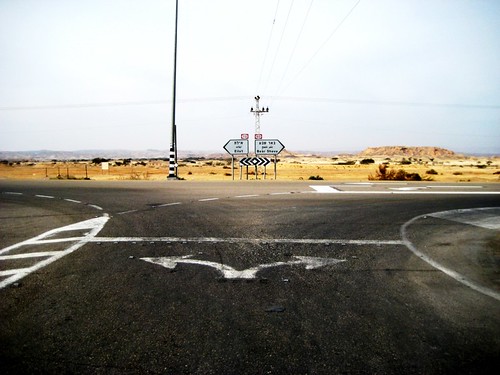So, ten days in to this whole NaNoWriMo thing, I'm almost at 15k words. Yay. I'm not sure if that's on schedule or off it honestly, but I'm happy with that output. It's definitely more than I've written in that short period of time ever. And I realized that even if I don't "win" Nano, it's definitely a learning experience.
I feel like Kyle on South Park: "You know, I've learned something today..." But here's what I've learned.
Three Nano Lessons:
1. A goal of 1000-1500k words a day is totally doable.
Earlier this year, I had the goal of 1k a day and I thought I was all badass and it was a great "stretch" goal. And I didn't meet it. Well, you know what? It's not a stretch goal, it's realistic. If I put my butt in my chair, even with everything else have going on in my life, I can write at least 1k. So after this November experiment, I definitely feel more confident about my ability to get out a decent amount of words in a day.
2. My internal editor can be calmed, but not silenced. And that's okay.
My internal editor is a shrew and she will not go quietly into that good night. However, I've learned to slip her a little Valium. Oftentimes, I get hung up on a little minor thing--what exactly does this room look like; my character has smiled too many times so I need something else here; ooh-this is a word echo, must find another way to say it. I've learned to leave those things alone--it's stuff I can fluff and fix during revision. However, big plot changes--like I wanted to change a thread that would completely alter my MC's motivation. Even though it's against Nano "rules", I went back and edited and changed it because moving forward without doing so would have mucked things up.
3. For all the naysayers who say Nano is a waste of time because you shouldn't focus on writing fast but writing well, I agree. BUT writing fast is a skill that every writer should hone. The key is just figuring out how to right fast AND well.
It's no secret that unless you're the Next Big Thing, you're not going to be able to retire with one book deal. You most likely won't even be able to quit your day job for a good long while. The key to making writing a career is to write well and often. And to be able to work against a deadline.
Check out author Lauren Dane's Upcoming Releases page. I went there the other day (because I'm a fan and wanted to see what was coming out) and was amazed. Next year she has SIX releases. Some are shorter works but still. Wow. Now this number is on the high end, but I think for most of us (especially genre fiction writers), we need to be aware that one book with one publisher once a year is probably not going to cut it. So learning to draft good stories quickly is something we all need to think about.
So that's what I've learned so far, what have you learned? How's your Nano going? And if you're not doing Nano, what are your thoughts on writing quickly and quieting internal editors?



